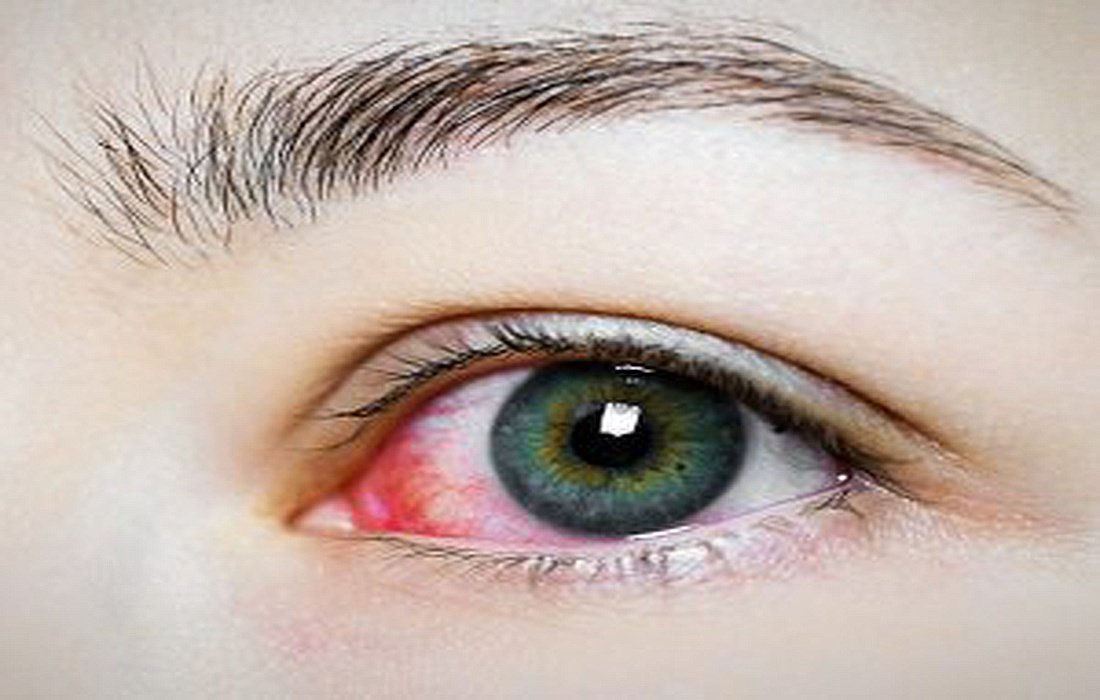First AidImpact and Various Eye Injuries
The human eye has several mechanisms to protect itself from harm. Eyelashes prevent dust from entering the eye and act as a barrier, while eyebrows redirect sweat and rain away from the eye. Eyelids can close within a fraction of a second, shielding the eyes from foreign objects, and tears wash away foreign materials from the cornea. However, it’s important to know that these protective measures cannot prevent all injuries.
Tips for First Aid: Below are some immediate actions you can take after an eye injury, but it’s crucial to see an eye specialist as soon as possible. Eye injuries should never be taken lightly, especially if they affect parts of the eye that do not have pain receptors. Delaying medical attention can worsen the damage and lead to permanent vision loss. Only an eye specialist can examine your eye and suggest appropriate treatment. This section is focused on health and wellness.SelMagzDiscover prevention and treatment strategies for injured eyes.
First Aid Based on Eye Injury Type
For every type of eye injury, specific actions must be taken. Below, we categorize them for your better understanding.
Rupture and Penetrating Eye Injuries
By applying a paper cup around the injured area, you can prevent further eye damage until you see a doctor.
Do not wash the eye with water as this can introduce more pathogens into the wound and cause infection.
Avoid blood-thinning medications likeAspirinor non-steroidal anti-inflammatory drugs, as they may increase bleeding.
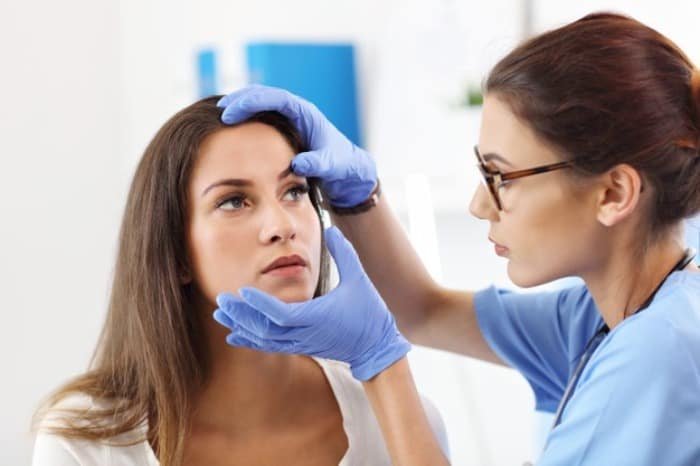
Presence of Particles or Foreign Materials in the Eye
Do not rub the eye, as this may cause a corneal scratch.
Gently lift the upper eyelid and remove particles from the lower lashes. Lashes act like a brush to clean off debris under the lid.
Gently blink several times to allow tears to wash away particles.
If the foreign object is not clearly visible or is on the colored part of the eye, stop this action, close your eyes, and seek medical help immediately.
Do not use a needle or sharp object to remove an object from the eye.
Always wash your hands with water andsoapbefore touching your eye, as there is a high risk of transferring dust and bacteria from your hands to your eyes.
Chemical Eye Burns
Immediately rinse the eye with sterile water or eye wash solution and seek medical help immediately.
Eye Impact
Do not rub or press on the eye.
Use a small cold compress to reduce pain and swelling.
Even a light impact can cause serious eye damage. If swelling, discoloration (bruising), pain, or vision problems occur, see a doctor right away.
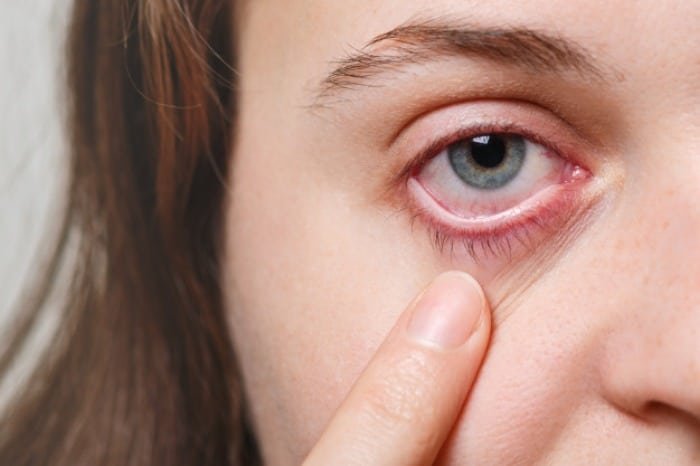
Dust, Sand, or Particles Entering the Eye
Rinse the eye with sterile water or eye wash solution.
Never rub your eyes.
If you cannot remove the dust by rinsing the eye, gently close it and seek medical attention as soon as possible.
If experiencing severe bleeding, do not rinse the eye; instead, hold a clean cloth against it and visit the hospital immediately.
Treating Eye Trauma
Treatment for an eye injury depends on the severity of the impact. Minor injuries can be treated at home with cold compresses to alleviate pain and swelling. If the injury results in significant swelling, pain, or vision disturbance, seek immediate help from an eye specialist.
Eye Scratch
For treating an eye scratch, you must see an eye specialist immediately for a proper assessment. Minor discomfort can heal on its own, but it’s hard to determine the severity, which could lead to more serious issues.
Rinse the eye with sterile saline solution and blink to provide some relief.
Avoid rubbing the eye, as it can cause further damage.
If the scratched eye is sensitive to light, close it orwear sunglassesfor protection.
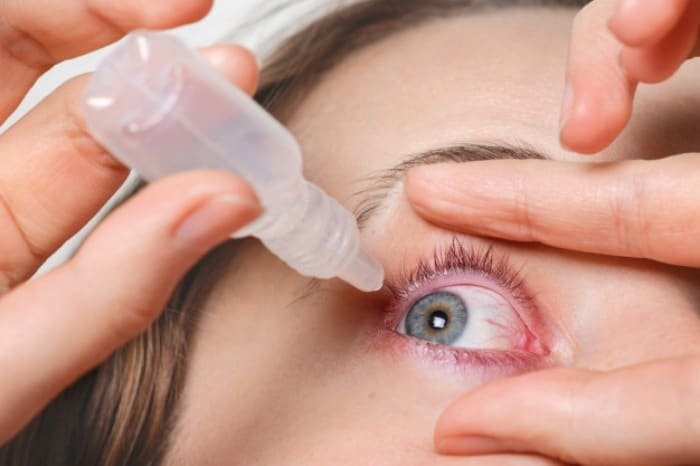
Chemical Burns
Chemical burns can occur from direct splashes of chemicals or accidentally rubbing the eye with contaminated hands. Acids can be rinsed out easily, so the eye should be washed with sterile solution for 15 minutes, and then you should seek help from an eye doctor. Thousands of chemicals are used in workplaces, and proper evaluation and treatment depend on understanding the type of chemical involved.
Iritis
Iritis is a serious condition caused by contact with the eye or trauma, requiring immediate assessment and treatment. Quick action is necessary to reduce permanent damage to the eye and prevent vision loss.
Eye Bleeding
Eye bleeding, known as subconjunctival hemorrhage, occurs due to trauma or injury to the eye. Bleeding may be limited to a small area of the eye or spread over the whole eye, causing significant damage. This condition is usually painless and does not pose serious threats to vision, often requiring no treatment. However, visiting an eye specialist is recommended to rule out any problems. The eye should heal and return to normal within a few weeks.
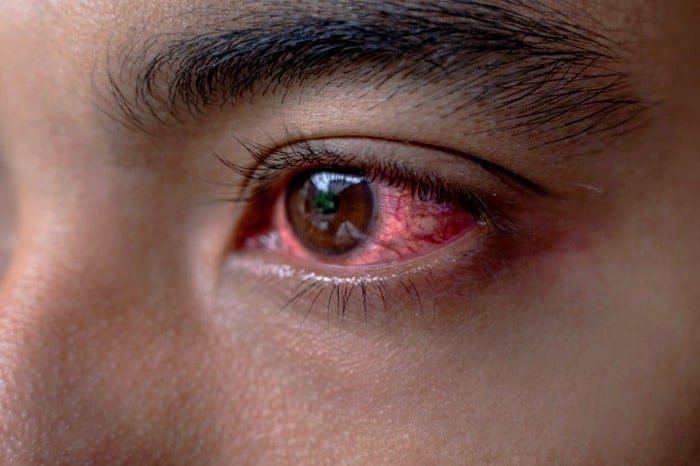
General and Important Actions After Any Eye Injury
- Never rub or press on your eye.
- Do not try to remove a stuck object from your eye in any way.
- Do not apply any medication or ointment to your eyes unless specifically prescribed by a doctor for the injury.
- See a doctor immediately after an eye injury.
- Remember that not all hospitals provide emergency services for eye injuries. If your injury is severe, go to the emergency room, and if possible, contact an eye doctor for a recommendation on where to go.
- Instruct the patient not to move their eye.
- The patient with the injured eye should close it to rest comfortably.
- If the eye injury is due to chemical splashes, it should be thoroughly rinsed with plenty of water.
- To prevent further injury, advise the patient to avoid moving their head.
Protect the injured eye
Cover the injured eye with a clean pad or dressing. If a large foreign object is lodged in the eye, do not try to remove it; instead, place a pad around the eye socket to avoid pressure and advise the patient to keep the eye closed.



